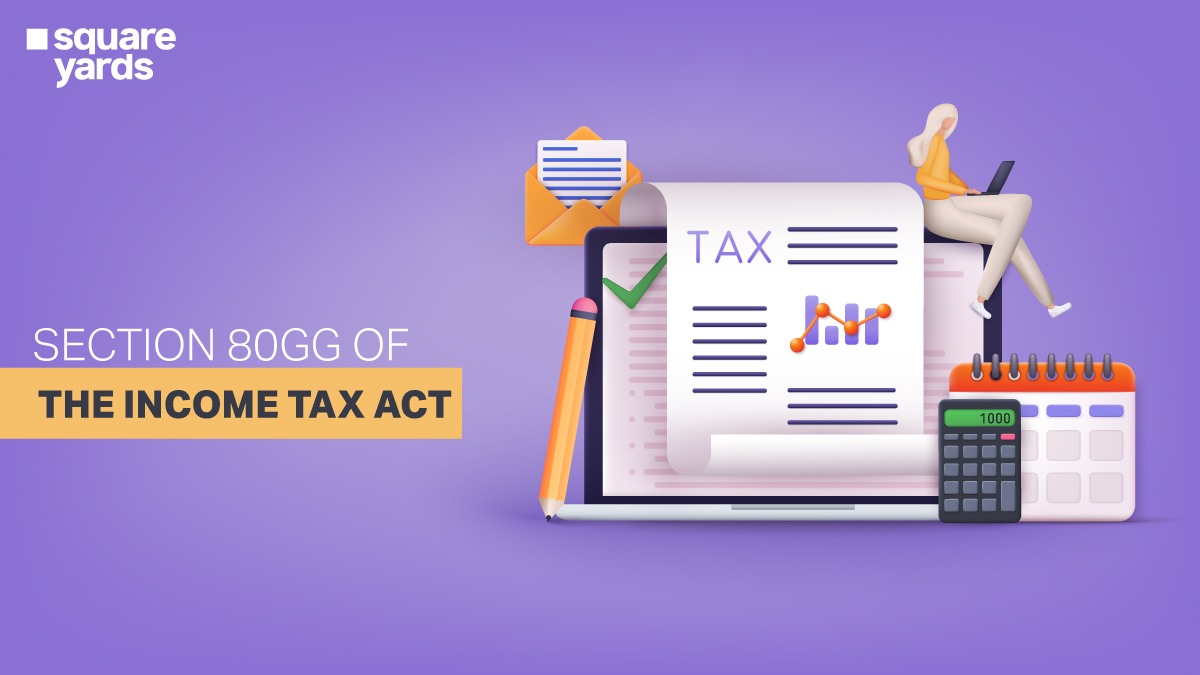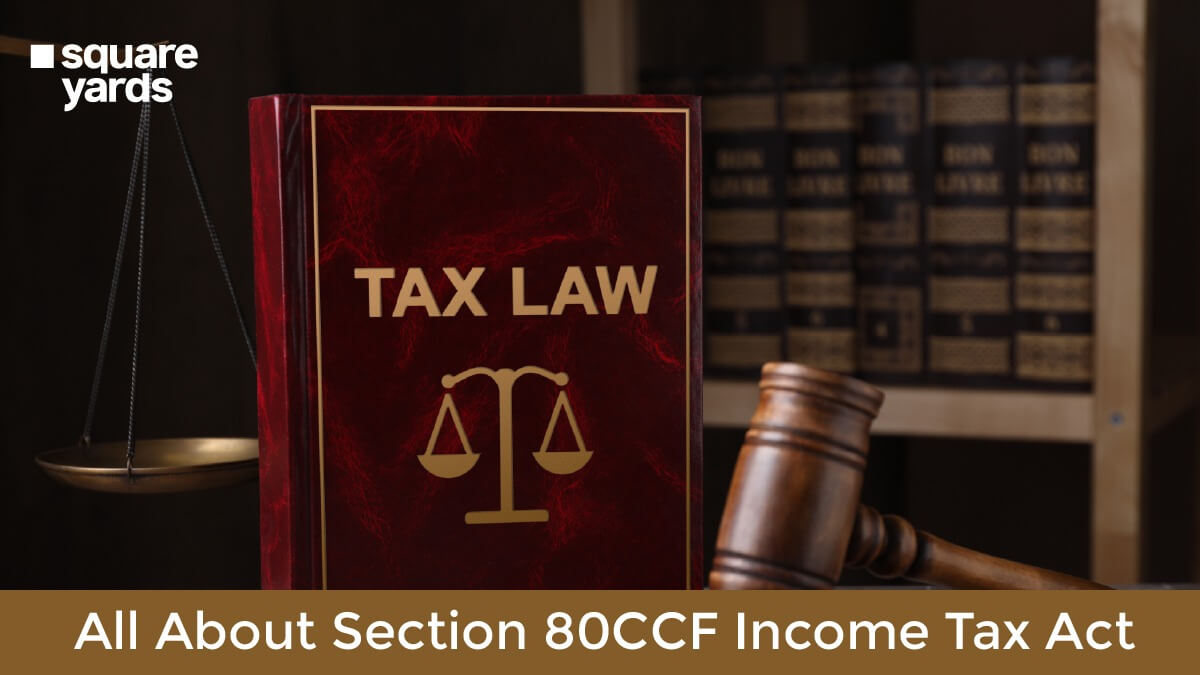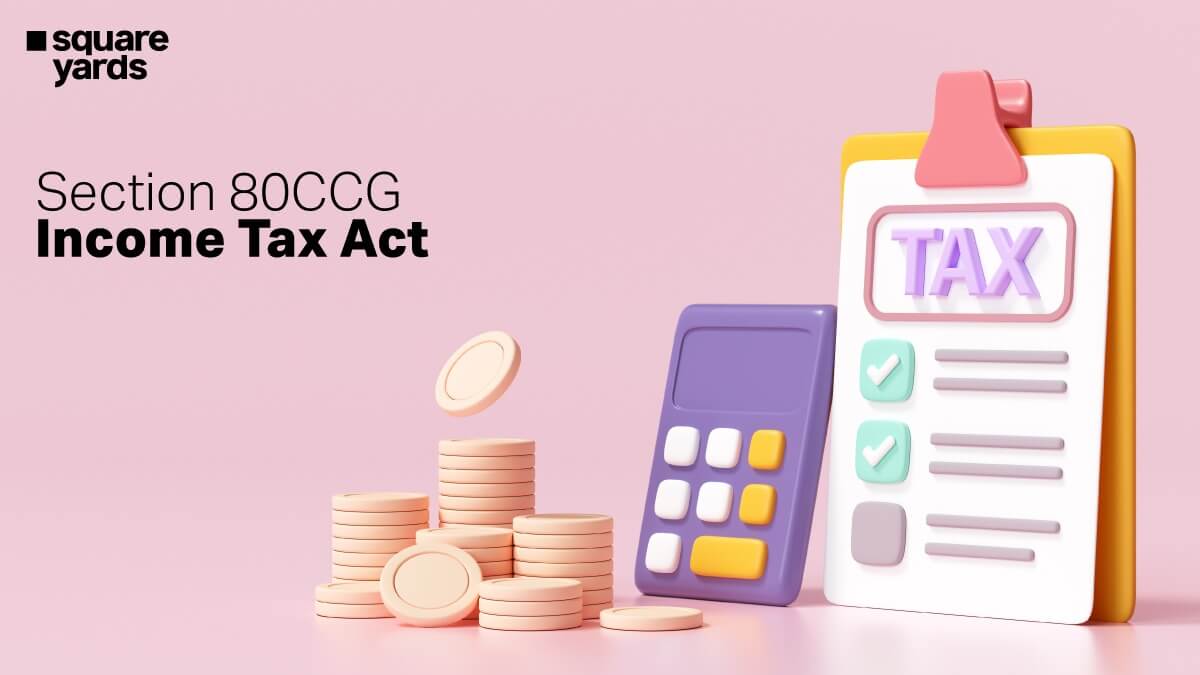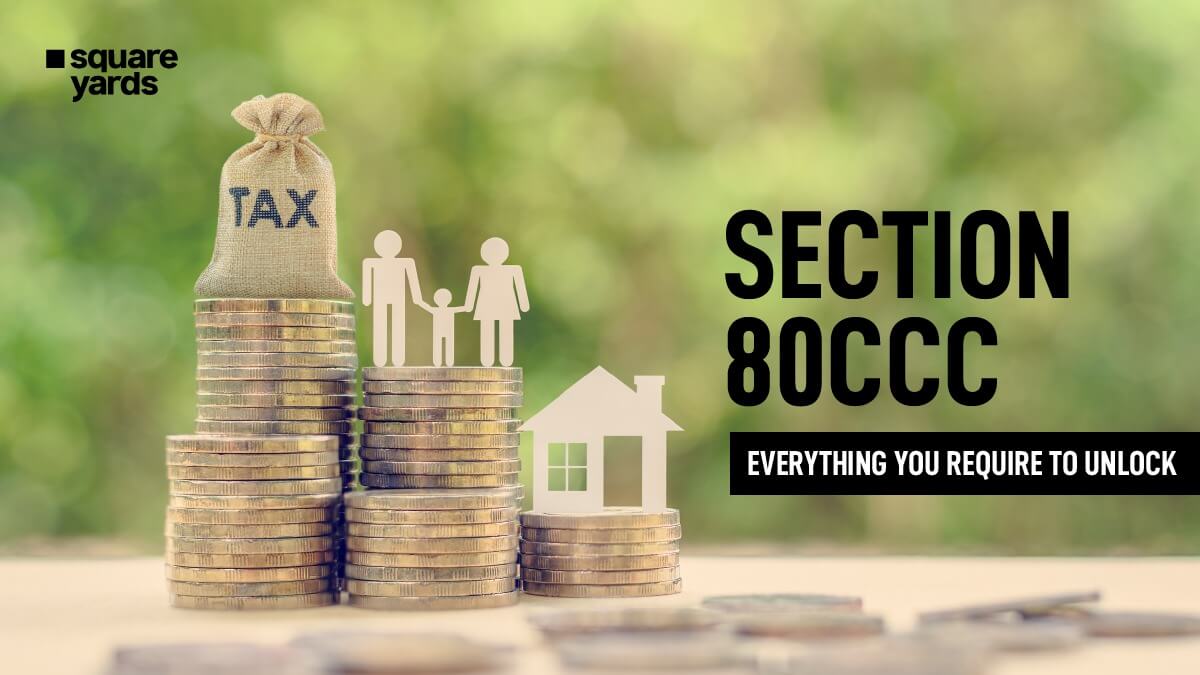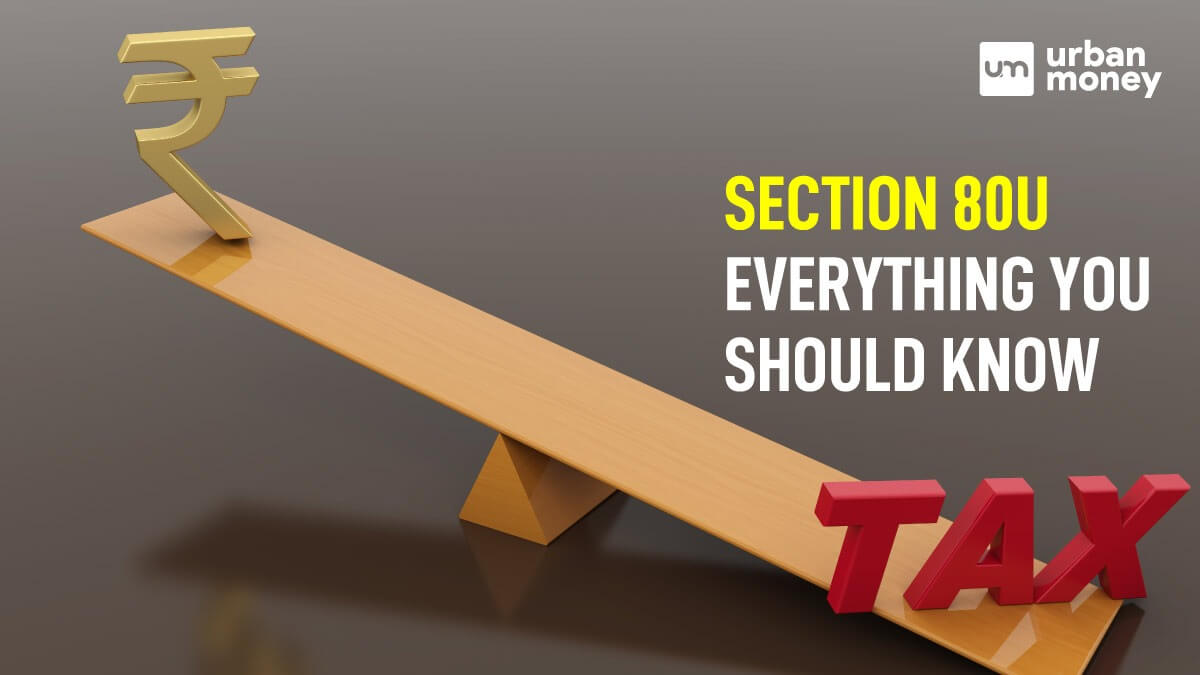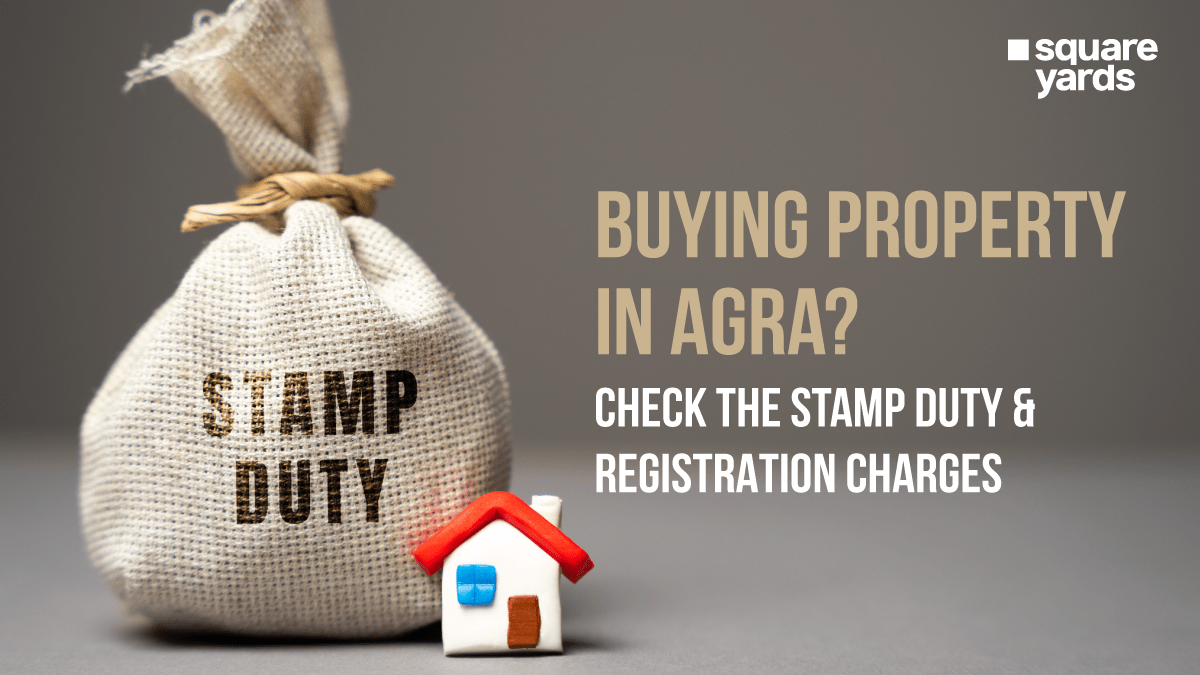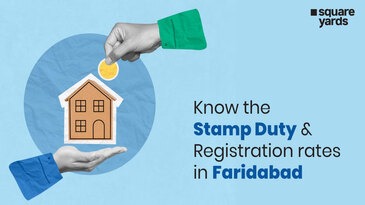A credit report with a great credit score serves as a gateway for attaining various kinds of loans. Usually, the credit report includes your personal information and the credit score that the lenders have reported. You can check if you have a faulty credit score through your CIBIL report. In addition, you can opt for a free credit score check online and gain access to your complete report. But, certain aspects such as medical information, bank balance, criminal history, marital status and many more are absent from the report. This article provides in-depth information on these aspects.
What Information will You Not Find in a Credit Report?
Your credit report provides you with a thorough account of your debt situation, such as how much you owe and how successfully you pay it off. It also contains personally identifiable information that can be used to confirm that the data in the analysis belongs to you.
Even though it encompasses most of the crucial info, the CIBIL report is absent of other required credentials. Marital status, buying patterns, medical information, transactional data, criminal history, income, bank account balances, and educational background are not included in your report. It also excludes your credit rating.
Let’s go over a few types of communication that don’t display on your credit report in far more depth.
Utility Bills
Your credit or CIBIL report will not contain information about the payment or non-payment of utility bills, such as electricity bills, maintenance or society charges, water bills, telephone bills, and so on. Such bill payments would not appear on your credit record if you utilize your internet banking facilities or make them using your bank account. Though you can conduct a free credit score check online, these aspects are not involved in your report.
Spouse’s Credit Information
Your spouse’s credit information will not appear on your credit or CIBIL report. Even if you’ve had a shared account or a joint loan, your information will be included in the report regardless of your connection with them. But the credit report will not mention your spouse’s credentials or help you check the free credit score of your spouse.
Status of Employment
Your credit report would not require any prior knowledge about your job. However, if you indicated your present or previous job at the time of any credit application, their names may appear on your report. Your working period will not be included in this database.
Salary You Earn
Your credit or CIBIL report really shouldn’t, and most likely will not, include information concerning your income or expenditures. Simply your credit history and relevant information, such as credit habits, payment abilities, and so on, will be included in your report. This will not give important information about your earning potential, financial worth, or earnings.
Non-Traditional Financial Loans
Non-traditional loans are those that are not issued through a participating financial organization. Your credit report would not include loans, either garage sales or private money changers.
Interest Rates of Other Loans
The money you spend on existing loans, credit cards, and other debts will not appear on your credit or CIBIL report. So it doesn’t matter what interest rate you got the loans at as much as you pay it back in time.
Savings and Investment Data
Your credit report doesn’t even include knowledge about any of your banking institution’s savings or investment balances. This is because transaction data through some of these accounts are not reported, and they have no impact on the exchange rate. A free credit score check will help you understand this.
Reason for Settlements
Settlements will appear on your credit history, but the grounds for those settlements will not. Often, legitimate situations compelled you to settle an account, such as being unable to generate payments on time due to a genuine problem or having your card fraudulently used. On the other hand, certain situations will only be addressed to investigating institutions after they’ve discovered agreements in your record and highlighted them as a barrier to your credit acceptance.
Payment History for the Past Three Years
The process focuses on monthly mortgage payments for a maximum of three years prior you make any compared to the previous financial credit availed. It is critical to realize that payments made previous to this time will not appear on my credit record. It is advised that you review your report at least three times a year to maintain track of your payment history and spot any inconsistencies as soon as possible.
Mistakes You Didn’t Make
Your credit score might be harmed by inaccurate information in your credit report without your involvement. People with famous characters, for example, are more likely to have information from other people in their files. Typos and clerical errors, on the other hand, can result in inaccurate information that lowers your grade.
Section of Public Records
Even if you did not file bankruptcy, a spouse or ex-spouse could file bankruptcy on your behalf. Bankruptcies that you filed more than ten years ago or the specific bankruptcy code chapter are not applicable. Suits or judgements filed more than seven years after the judgement was entered or after the statute of limitations had expired.
Section of Credit Accounts
When solely your spouse or vice versa is accountable for the account, it is labelled as joint. Thus, your current spouse’s premarital debts are ascribed to you.
These are among the items that do not appear on your credit report. However, this does not excuse you from being cautious with your transactions or regularly examining your credit report. This will make it easier for you to obtain credit.
What are the Effects of Shopping for a Long-Term Loan
The customers will not be penalized for making several credit inquiries in a short period of time and allow them to shop around for the best rates on the vehicle, student, and home loans. Various FICO calculations discount multiple enquiries within 14 or 45 days. However, shopping for a loan several times will take you apart from this safe harbour and would most certainly lead to a faulty credit score.
What to Check-In your Credit Report?
Conducting a regular credit report check helps you maintain a high credit score and increase your chance of loan approval. Any abnormalities must be detected and altered at the earliest. Let us look at some of the factors that have to be checked in order to reduce the risk of a faulty credit score:
- The section on Personal data- Name, address, or phone number that is incorrect or incomplete.
- If you have not lived at your current address for a long time, you may not have a former address.
- Invalid Social Security number or date of birth.
- Employment information that is incorrect, missing, or obsolete.
- Incorrect marital status, such as listing a former spouse as your present partner.
What does a Credit Score Mean?
A credit score is a number that ranges from 300 to 900 and represents a person’s creditworthiness. A debtor’s credit score improves the way he or she appears to potential lenders. A credit score is calculated using information from your credit histories, such as the number of contacts you have open, the total amount of debt you owe, and your repayment capacity, among other things, and record them on your credit report.
Lenders use credit scores to assess the likelihood of a borrower repaying a loan on time. So there should be no faulty credit score in your report. For this, you can always apply for a free credit score check online and keep track of your score record. Although there are several credit-scoring systems, the FICO score is perhaps the most popular.
How does a Credit Score Work?
Now that we know what a credit score is, let us look into how a credit score influences the loan approval process.
Your credit score has a huge impact on your financial position. Consumers with credit ratings of less than 640, for instance, are classified as subprime borrowers. To compensate for the additional risk, lending institutions frequently pay higher interest rates on subprime mortgages than on standard mortgages. As a result, applicants with a low credit score may indeed request a shorter repayment term or a co-signer.
A credit score of 700 or above, on the other hand, is commonly recognized good and may qualify a borrower for a lower interest rate, resulting in them paying less cash in charge and over the life of the loan. Whereas scores of 800 or higher are regarded as outstanding.
While each lender establishes its credit score ranges, the average FICO score range is frequently employed.
| Score range | Comment |
| Excellent | 800-900 |
| Very Good | 740-799 |
| Good | 670-739 |
| Fair | 580-669 |
| Poor | 300-579 |
The value of an initial payment allowed to obtain a cell phone, cable service, or utilities, or to rent an apartment, may be determined by a person’s credit score. And lenders look at customers’ credit scores all the time, particularly when choosing whether to adjust a credit card’s interest rate or credit limit.
How is the Credit Score Calculated
There are five key elements considered when determining a credit score
- Length of credit history
- Payment history
- Total amount owed
- Types of credit
- New credit
A detailed analysis is as follows:
- Payment report accounts for 35% of a credit score and indicates whether such a person pays their debts on schedule.
- The overall sum owing accounts for 30% of the total amount owing and includes the credit utilisation proportion, which would be the fraction of a per cent of credit accessible to an individual that is present would be used.
- Credit history length accounts for 15% of the score, with extended payment records being regarded as less dangerous because more data is available to assess late payments.
- The type of credit used accounts for 10% of a credit score and indicates if a customer has a combination of instalment and outstanding credit, such as automobile loans or mortgage loans.
- New credit is worth 10%, and it takes into account how many new accounts a person has, how many new accounts they’ve applied for recently, resulting in credit inquiries, and then when the most current profile was opened.
When do Credit Reports Get Updated?
Whenever lenders give information in new ways to the credit reporting organizations for your accounts, your credit reports are refreshed. This occurs once every month, or at most about once 45 days. Certain lenders, on the other hand, may modify more regularly than this. Assume you finished paying off a credit card. Your checking account may not appear on your credit record right away. You might find a line in your TransUnion credit report that says “Date Updated” if you look at the free credit score check. This will tell you when the payment information was most recently sent to TransUnion.
Due to the fact that not all lenders submit updates that same day, new knowledge may be added to your reports regularly. At annualcreditreport.com, you can get your free credit score and avail yourself of the credit or CIBIL report from each of the three national credit reporting agencies once a week.
Make a note to examine your credit report every six months or a year to ensure nothing unexpected or faulty credit score has occurred.
Your credit score is a single figure that has the potential to cost you a great deal of money throughout your life. You can get lower interest rates if you have a good credit score, which means you will pay less for whatever line of credit you take up. However, it is up to you, the borrower, to ensure that your credit remains healthy to have additional borrowing options if you need them.
FAQ
What information is not found on your credit report?
It does not have marital status, medical information, income, bank account balance, transactional data, educational details and criminal records.
Why can't I find my credit report?
You may have entered the wrong address, or you might have forgotten important information that you must enter while trying to get your report.
Does everyone have a credit history?
If you have opened at least one account with any creditor, and if it is open for over six months, you will have the credit history.
Is no credit better than low credit?
No credit and low credit negatively impacts your financial life in your credit reports. Therefore, it is always better to improve the scores.
What are the 3 C's of credit?
The 3 C’s of credit are capacity, capital and character.












